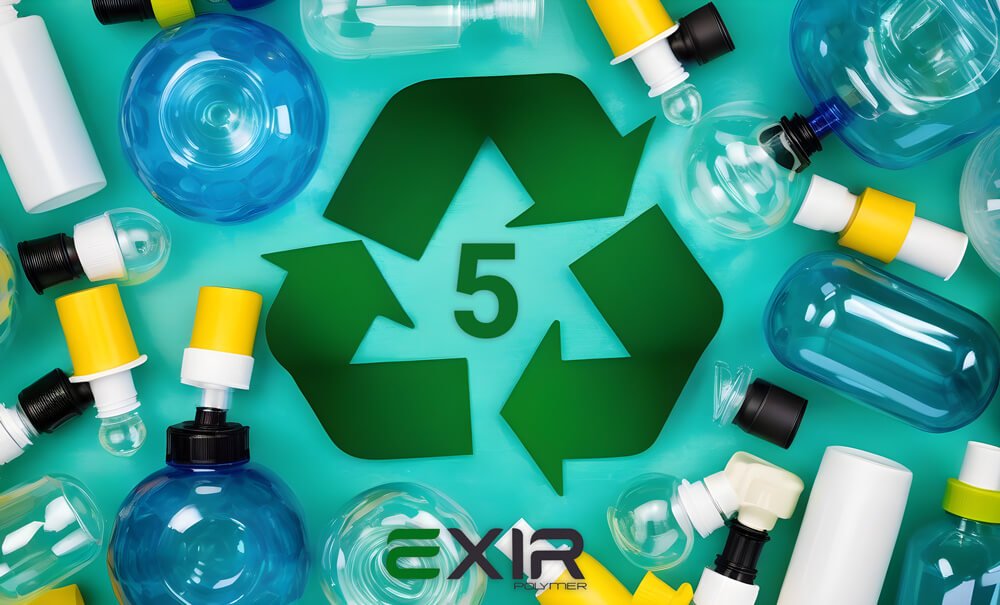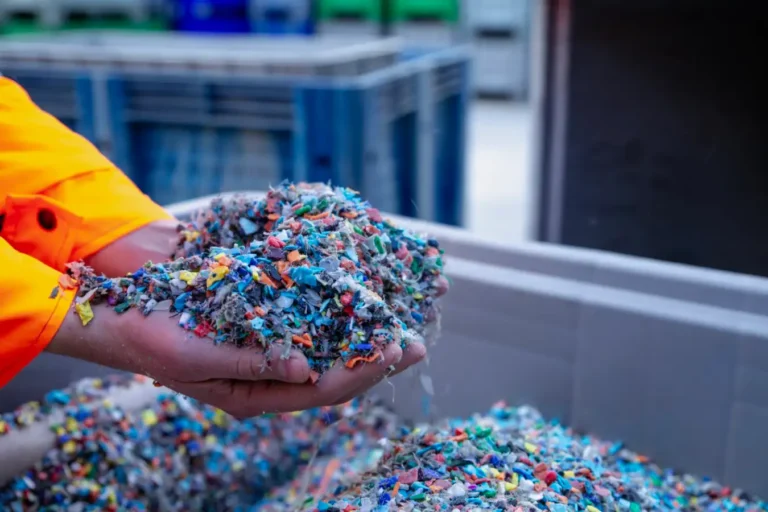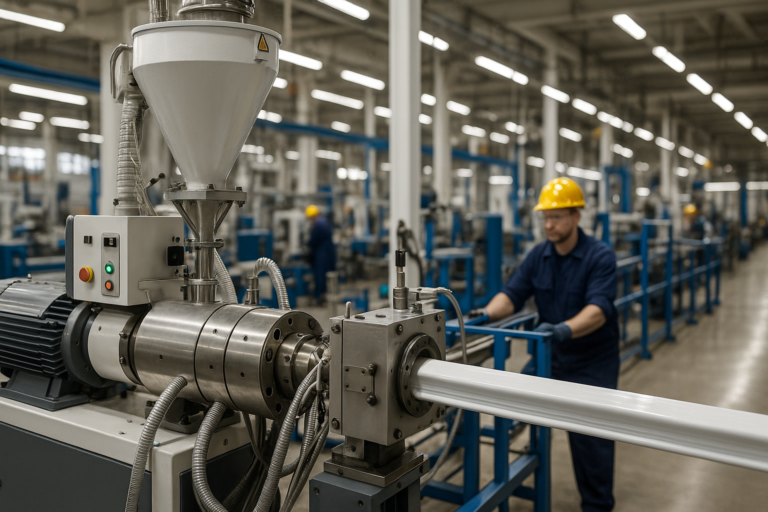Make some changes to the world environment
-
Building 3, Wanyang Innovation City, Langxia Street, Yuyao City, Zhejiang Province

Revolutionizing Waste Management: Plastic Recycling in the Modern World
Plastic is an important part of modern life, but it has a negative effect on the world. Plastic waste is now one of the most important environmental problems we face today. According to the OECD, the world produces approximately 380 million tons of plastic annually, yet only 9% of it undergoes effective recycling. Waste ends up in landfills or the environment, where it harms the climate. A significant amount of this plastic waste is non-biodegradable, which means it might not break down for hundreds or thousands of years. As a result, people discard plastic waste into water bodies, contaminating distant seas, rivers, and even ecosystems. This alarming number highlights the critical need for improved recycling technologies that can properly handle and reuse plastic waste. Modern machines that recycle plastic are leading the way in turning this environmental disaster into a chance to manage resources in a way that is beneficial for the environment.
How Plastic Recycling Machines Make a Difference
Modern technology or machines that recycle plastic are a big step forward in the way we deal with plastic waste material. These high-tech systems can process various types of plastic, transforming what was previously considered waste into valuable raw materials. Typically, the recycling process involves several key steps:
- Sorting and Separating: using high-tech optical sensors and machine learning algorithms for accurate plastic sorting, as well as automatic identification and removal of contamination.
- Cleaning and Preprocessing: High-tech systems for cleaning and decontamination get rid of impurities, making sure that recycled materials are of high quality.
- Shredding: To prepare plastic for reuse, specialized machines shred it into regular particles.
- Melting and reforming: High-efficiency machines and processes transform plastic particles into new raw materials for many businesses.
The role of plastic recycling in environmental and economic benefits is significant.
- Reduced Carbon Footprint: Recycling plastic requires significantly less energy compared to producing new plastic from raw materials.
- Resource Conservation: According to the recycling research center of Stanford University, USA, each ton of recycled plastic saves approximately 16.3 barrels of oil and 5774 Kwh of energy.
- Circular economy and economic opportunities: The recycling industry creates jobs and generates economic value from waste materials. Designing plastic products with recycling in mind extends the lifecycle of plastic materials in a circular economy. This helps reduce waste, conserve resources, and create a more sustainable economy.
- Reducing Landfill Waste: According to the research center at Stanford University in the USA, each ton of recycled plastic saves approximately 30 cubic yards of landfill space, thereby enabling more beneficial uses.
- Protects Wildlife and Ecosystems: Marine animals, birds, and other wildlife frequently mistake plastic for food, leading to ingestion, suffocation, or entanglement. Recycling plastic helps minimize ocean pollution, safeguard ecosystems, and protect biodiversity.
Conclusion
Recycling plastic is a significant component of managing waste around the world. Plastic waste used to be a problem for the environment, but we can turn it into a resource that will last by using new technologies, thorough processing strategies, and innovative approaches. These technologies give us hope for a better future by turning waste plastics into useful materials.
Plastic recycling will continue to grow as long as technology keeps getting better, users collectively approach and work together on the solution, and individuals care about the earth. The circular economy, where waste is not an endpoint but a beginning.



